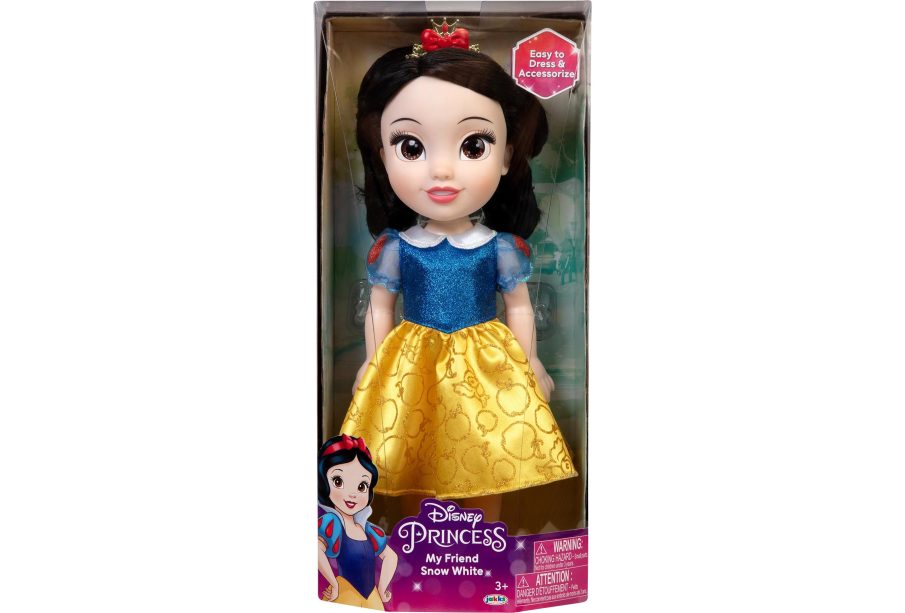Exploring the Legacy of Snow White in Modern Culture

Introduction: The Enduring Appeal of Snow White
Snow White, one of the most iconic characters in fairy tales, has captured the hearts of audiences for generations. Originating from the Brothers Grimm’s collection in 1812, Snow White’s tale of innocence, jealousy, and the triumph of good over evil remains relevant today. Its themes resonate widely, stirring discussions about beauty standards, gender roles, and the dynamics of power in fairy tales. Recent adaptations and reimaginations showcase how this age-old story continues to engage and inspire contemporary audiences.
The Story’s Evolution and Adaptations
Since its original publication, Snow White has undergone numerous adaptations across various media. The most notable is Disney’s animated classic, released in 1937, which set the stage for a new era in animation and storytelling. This rendition introduced vibrant characters, captivating music, and a more sanitized version of the tale compared to the original grim narratives. Furthermore, the success of Disney’s Snow White prompted a wave of fairy tale adaptations, leading to beloved films like ‘Sleeping Beauty’ and ‘Cinderella.’
In recent years, Snow White has seen a resurgence in popular culture, with television series like ‘Once Upon a Time’ and films such as ‘Snow White and the Huntsman’ offering new twists on the traditional narrative. These modern interpretations often explore deeper themes, such as empowerment, friendship, and the consequences of envy, reflecting a growing desire for more complex female characters in storytelling.
The Cultural Impact of Snow White
Snow White’s impact extends beyond entertainment; it has sparked discussions around societal norms and expectations of beauty. The portrayal of Snow White as the epitome of beauty has led to debates concerning the implications of such ideals on self-image and identity, especially among young audiences. Critics argue that the narrow definitions of beauty can perpetuate harmful stereotypes, advocating for more diverse representations of female characters in media.
Conclusion: The Future of Snow White
The story of Snow White remains a significant part of global culture, prompting both nostalgia and critique. As society evolves, so too does the interpretation of these classic tales. Artists and storytellers are increasingly tasked with reimagining Snow White in ways that reflect modern values and ethical considerations. Looking ahead, the challenge lies in preserving the enchanting essence of Snow White while embracing a narrative that promotes inclusivity and empowerment. How future adaptations balance these aspects will likely shape the character’s legacy and influence coming generations.









